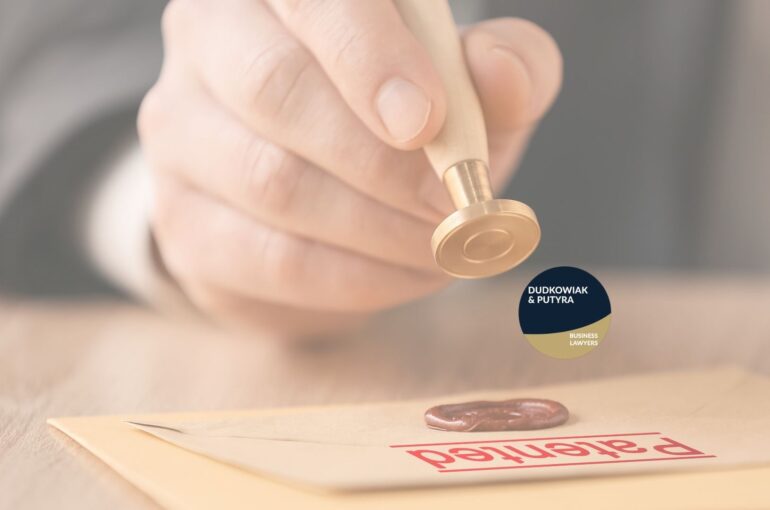UOKiK publishes recommendations for influencers
The Office of Competition and Consumer Protection (UOKiK) had been working for many months on the creation of Recommendations for influencers on the labeling of advertising content – the Recommendations were finally published on 26/09/2022 and clarify a number of issues relevant to online content creators.
The main assumptions covered by the UOKiK Recommendations have already been described in our previous article, but the Recommendations also address specific examples and situations that are less common and not obvious, such as self-promotion or publishing content about gifts received.
Self-promotion
The Recommendations pay particular attention to the fact that content containing influencers’ self-promotion requires appropriate labeling. The UOKiK considers self-promotion to be publishing content that even indirectly leads to a benefit on the part of the influencer, such as advertising services or goods that are the subject of the influencer’s sole proprietorship, but also advertising products and services of a company in which the influencer has a stake.
Gifts
The obligation to adequately inform consumers also applies to the publication of content about gifts received by an influencer. A gift is of small value and is not subject to refund or payment obligations. When creating web content about a gift received, the influencer does not have to label it as an advertisement, but is required to inform his or her audience that the product was received as a gift. However, in a situation where gifts are repeated the influencer should mark the material as advertising – repeated gifts can be informal compensation for publishing favorable reviews.
Advertiser’s influence on content
It is irrelevant whether the advertiser influences the content of material published by the influencer in any way. Even when the influencer’s opinion is free and personal, the advertising material should be marked accordingly.
Duration of cooperation
It is also irrelevant to the obligation to mark advertising content whether the cooperation is a one-off or lasts for a longer period of time. Even in situations where the influencer is an ambassador for a particular brand, advertising materials need to be marked each time.
The UOKiK also points out that inadequate labeling of sponsored content violates not only the interests of consumers, but also the interests of other entrepreneurs engaged in activities that compete with those of the advertiser. Thus, the influencer, by violating the obligation to adequately label content, also exposes itself to claims from other entrepreneurs.
It’s worth mentioning that in addition to publishing Recommendations, the OCC has also created a filter for influencers using Facebook and Instagram to help them properly tag advertising content, self-promotions or giveaways.

